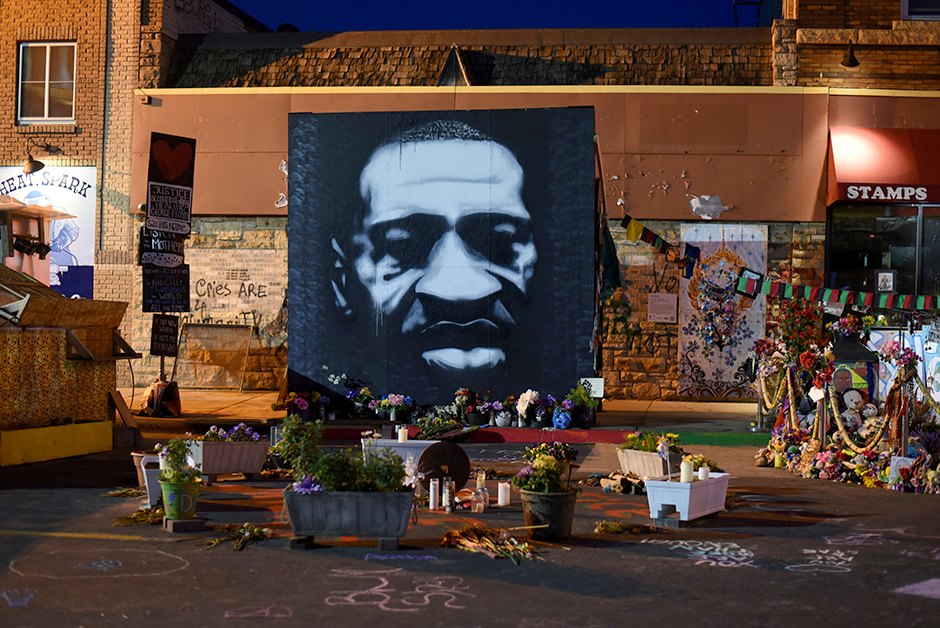‘Excited Delirium’ No longer Allowed in Minnesota Police Training
Medical communities say the condition is useless or "racist pseudoscience."

Police departments in Minnesota can no longer offer training that includes the use of “excited delirium,” a decades-old diagnosis used by law enforcement that has been debunked by the medical community in recent years. Attorneys for the Minneapolis Police officers involved in George Floyd’s murder used the term in their legal defense.
The change in law is one of many provisions included in the judiciary and public safety supplemental budget bill passed by the Legislature and signed into law by Governor Tim Walz (D) at the end of the legislative session in May. The package includes millions of dollars in grants for services targeting crime victims, as well as changes to statutes ranging from traffic stop reform to law enforcement training requirements.
Excited delirium refers to the description of a person’s state of extreme agitation, aggression, excitability and distress, sometimes in conjunction with drug use. The term has been widely used in the past by law enforcement, paramedics and medical examiners to describe people who had died in police custody.
The term is not listed in the most current version of the Diagnostic and Statistical Manual of Mental Disorders, and many medical associations have come out and rejected its validity. The American Medical Association in 2021 instituted a policy opposing excited delirium’s use as a medical diagnosis, citing reports that show the term has been used to justify excessive force by police and disproportionately appears in cases where Black men die in police custody.
“There’s no set of symptoms or diagnostic criteria that can prove this diagnosis,” said Michelle Gross, president of Communities United Against Police Brutality (CUAPB). “It’s nonsensical to have a disease or an ailment that only the people who have law enforcement encounters experience. We want to make sure that deaths from excessive force and particularly deaths involving any kind of asphyxia are not blamed on a nonsensical, mythical diagnosis and that officers are actually held accountable for their own actions,” she said.
In addition to the officers involved in the George Floyd murder, emergency responders cited excited delirium as the cause of death of 23 year-old Elijah McCain in 2019. McCain, who was Black, was forcibly restrained and injected with ketamine by paramedics in Colorado and died in their custody.
Since then, more experts in the legal field are writing about why the use of the faulty diagnosis is problematic and rooted in racism, said Rachel Moran, founder of the University of St. Thomas School of Law’s Criminal and Juvenile Defense Clinic. As more states ban the use of the term and the public becomes more aware of its rejection by most major medical associations, the hope it will stop being used to justify deaths in police custody.
As of now, two other states (California and Colorado) including Minnesota have banned or restricted the use of excited delirium, and two more states have legislation pending (New York and Hawaii).
To read more about the condition, it's use in law enforcement, and the work to further ban its use, you can read "More States Restricting ‘Excited Delirium’ as Cause of Death in Police Custody" at the Marshall Project website. The Marshall Project is a nonpartisan, nonprofit news organization that seeks to create and sustain a sense of national urgency about the U.S. criminal justice system.










